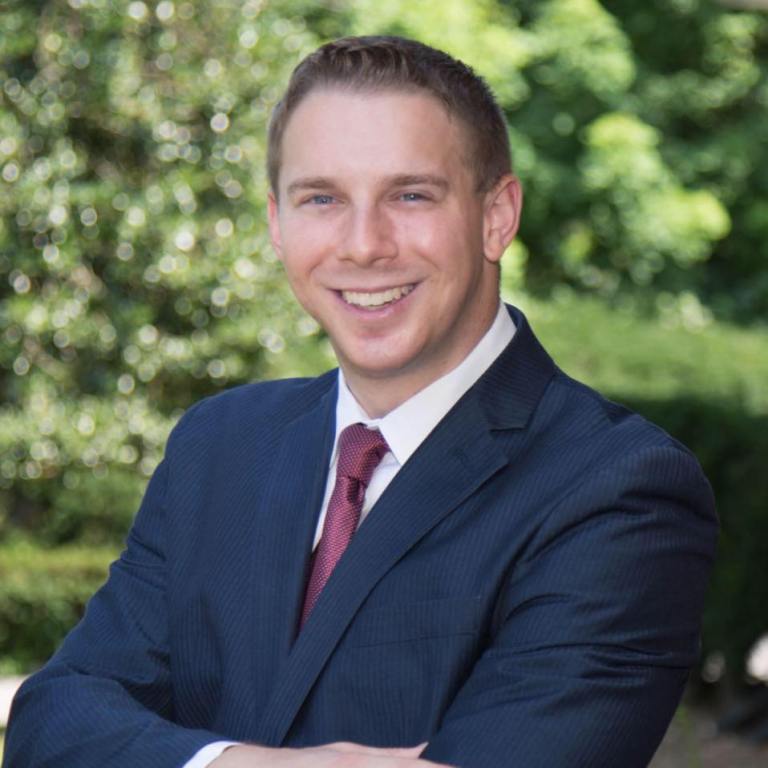
Nassau County Legislator Joshua Lafazan is following through on a promise he made eight years ago to a mother grieving the recent loss of her son.
The then high school junior told Teri Kroll, who had recently lost her 22-year-old son to an opioid overdose, that he was going to graduate from high school, graduate from college, run for office and help her pass “Timothy’s Law” to help prevent opioids from taking more lives.
“He said that all without taking a breath,” Kroll recalled in an interview.
Lafazan already accomplished the first three steps. He can cross the last off on Wednesday morning as Kroll’s namesake law is signed by Nassau County Executive Laura Curran.
“I know Tim is going to be smiling down from heaven as we sign the bill tomorrow morning,” Lafazan said.
“Timothy’s Law” will establish a 24-hour, toll-free substance abuse hotline where the public can reach substance abuse counselors. It is one of two of Lafazan’s bills aimed to fight the opioid epidemic that Curran will sign.
The other will establish an app providing residents with resources regarding substance abuse prevention, treatment and recovery.
Both laws were unanimously passed by the Republican-controlled county Legislature on Aug. 6.
Kroll said both the hotline and app would have been helpful 10 years ago when her son was suffering.
“At 3 o’clock in the morning, when your child is ill and you need to find some help for them it’s not always easy to find help for them, it’s not always easy to find help for this disease,” Kroll said. “To be able to get a phone and call a professional to help you through the muddy water is really phenomenal.”
Kroll also lauded Lafazan’s app idea.
“How convenient is that? If I had an app on a cellphone and been able to push a button … 10 years ago, that would’ve been fantastic,” Kroll said.
The app is specifically aimed at helping Generation Z, a group facing an increasing opioid problem, Lafazan said.
Lafazan said his younger constituents told him they won’t pick up a phone, but they will text. They don’t use Facebook, but they will use smartphones, he said.
“We need to teach them where they are,” he added.
The 24-year-old calls himself the “resident millennial at the Legislature.”
“If I’m not going to use my perspective and experience and voice to make policy to benefit my generation than nobody will,” Lafazan said. “That’s why I feel an obligation to work to alleviate the horrors of the [opioid epidemic], because there is no generation that has been hit harder by this epidemic than mine.”
Middle-class males between 18 and 25 are the cohort dying at the highest rates from opioid overdoses, according to the Mental Health Association of Nassau County.
The request for proposals to get a contractor for the app and hotline will go out on or before Aug. 31, according to the bill.
Lafazan said there is a sense of urgency across all county departments to get the hotline and app up and running.
The bills had wide support from both parties.
Lafazan, an independent from Syosset who usually caucuses with the Democrats, said reaching out to Legislator Laura Schaefer (R-Westbury) was key in getting the support from the Republican majority.
Lafazan and Schaefer previously served together on the Nassau County Heroin Prevention Task Force, and he knew she was “committed to ending the epidemic,” he said.
“I think when you as an elected official actually recruit support on both sides of the aisle, good things can happen, good things can get done,” Lafazan said. “I think we need to see more of that from our policymakers on all levels of government.”
Schaefer said getting others on board was not difficult.
Schaefer “didn’t think for a second” legislators would vote down the helpful and innovative proposals, she said.
“This is something everybody is trying to be involved in, because we have to all be involved, and we want to be involved because it’s our residents suffering out there,” Schaefer said in an interview.
There is an “arm’s length list” of changes to make to attack the opioid epidemic, Kroll said.
The hotline and app are a step in the right direction, Lafazan said.
“I believe that access to treatment equals progress,” Lafazan said. “…It is still, in 2018, harder to get help than it is to get heroin, and until we reverse that trend we will not make forward progress in this fight.”
Reach reporter Rebecca Klar by email at rklar@archive.theisland360.com, by phone at 516-307-1045, ext. 204, or follow her on Twitter @rebeccaklar_.






